Top Class Actions’s website and social media posts use affiliate links. If you make a purchase using such links, we may receive a commission, but it will not result in any additional charges to you. Please review our Affiliate Link Disclosure for more information.
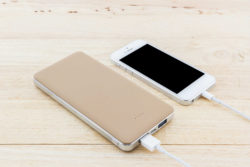
The PNY Technologies Inc. class action lawsuit was filed by Cassandra Geske. She says that she purchased a PowerPack 5200 power bank from PNY on or around February 2018. Allegedly, she discovered that she had to recharge the PowerPack more often than anticipated, based on the advertised charging capacity.
She says that through her experience and through lab testing, she is now aware that the PowerPack 5200 is not capable of providing 5200 mAh of power, as advertised. She says that she only purchased the PowerPack because of its advertised power, and had she known that the power bank did not have the advertised charging capacity, she would not have paid as much for it as she did, or would not have purchased it at all.
The power bank charge class action lawsuit explains that the power banks consist of an internal battery cell or cells and a circuit board. Reportedly, the circuit boards convert the internal batteries’ charge to a voltage that personal electronic devices can accept as a charge.
The PNY class action lawsuit says that to convert and distribute the power from the PNY PowerPack to the PEDs, the PowerPacks take power from their own internal batteries. Allegedly, running the circuit board and converting the power for charging the personal electronic devices “is a process that uses as much as 30 to 40 percent of the internal cells capacity.”
However, the advertised mAh, or charging capacity, for PowerPack 5200 devices is allegedly based not on the PowerBank as a whole, but on the internal cells’ capacity. So, the advertised mAh is allegedly a misrepresentation because it represents a capacity that is 30 to 40 percent higher than the actual charging capacity.
Allegedly, reasonable consumers like Geske would read the advertised mAh as indicating the charging capacity, and would not think that the devices are incapable of delivering the promised charging capacity.
Geske asserts that because PNY understands how its technology works, the company knows or should know that the PowerPacks are incapable of delivering the advertised charge, but represents the devices as capable of this nonetheless.
Geske says that she conducted lab tests on the Powerack 5200 and the 1800 mAh model of another PNY device, and says that the lab results show that 100 percent of the PNY products consistently fail to provide the advertised charging output.
The PNY class action lawsuit goes on to say that the company knows that customers only purchase power banks for their power capacity, and takes advantage of this. Allegedly, the company actively misrepresents their products to entice customers into purchasing its products.
Cassandra Geske is represented by William F. Cash III and Matthew D. Schultz of Levin, Papantonio, Thomas, Mitchell, Rafferty & Proctor PA; and by D. Greg Blankinship of Finkelstein, Blankinship, Frei-Pearson & Garber LLP.
The PNY PowerPack Charging Capacity Class Action Lawsuit is Geske v. PNY Technologies Inc., Case No. 1:19-cv-05170, in the U.S. District Court for the Northern District of Illinois.
ATTORNEY ADVERTISING
Top Class Actions is a Proud Member of the American Bar Association
LEGAL INFORMATION IS NOT LEGAL ADVICE
Top Class Actions Legal Statement
©2008 – 2024 Top Class Actions® LLC
Various Trademarks held by their respective owners
This website is not intended for viewing or usage by European Union citizens.




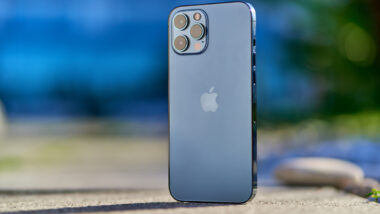

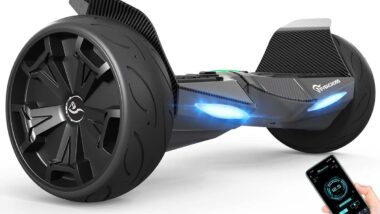

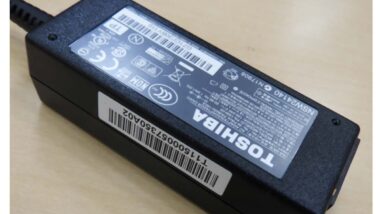

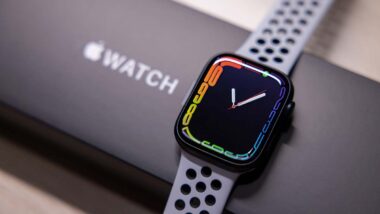
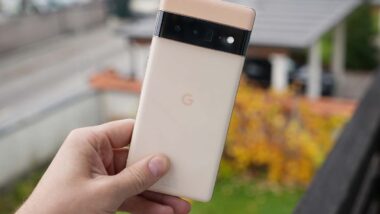
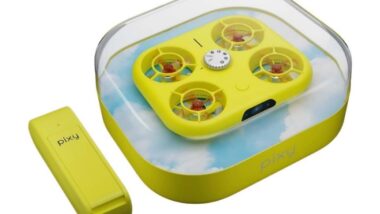


43 thoughts onPNY Class Action Challenges Power Bank Charge
Add me
Purchase one and it stopped working after a month please add me
Add me. Don’t stay charged.